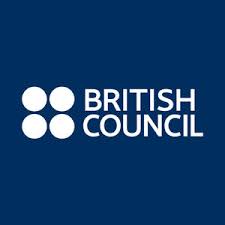Click here for the video presentation link Http://youtu.be/k9kgN84g6Go
Things needed.
One wheel of aspect
Verb list cards
Stopwatch
Star stickers
Writing pad
Pens / pencils
Students
Prior Knowledge: Students has been exposed to the perfect aspect before from previous lessons.
1. Teacher divides the class into several groups.
2. Each group will contain at least of 4 students. Each group should have at least one high competency student in the group.
3. The group leader will determine the order of the turns. Then, the other students in the group will take turn in spinning the wheel.
4. When the arrow stops, that will show the aspects they need to do and the number of sentences they need to construct.
5. Then, they will draw cards from the verb cards. Based on the cards drawn the student will construct sentences.
For example, present perfect and the number of sentence is two. The students will draw two cards from the verb deck. Then they need to construct the sentences.
6. In one minute, the students will construct the sentences. Then they will submit it to the group leader. The group leader will checked their worked. The verb cards will be returned to the deck.
7. For each correct sentence, they will be awarded a star sticker.
8. No star stickers will be awarded for wrong sentences.
9. They will continue to play the game till everyone in the group has finished at least five rounds.
10. The verb cards will be shuffle several times.
11. The winner will be determined by the total of stars collected at the end of the game.





 RSS Feed
RSS Feed


